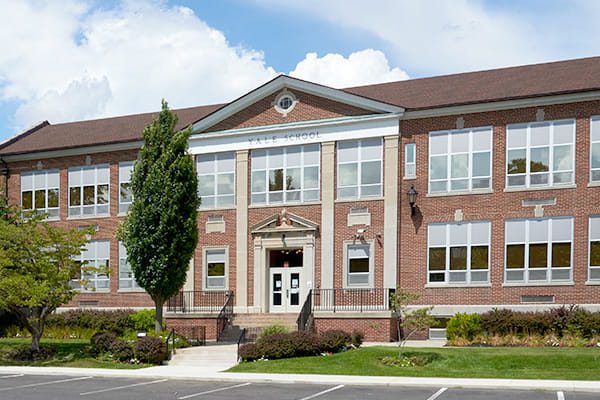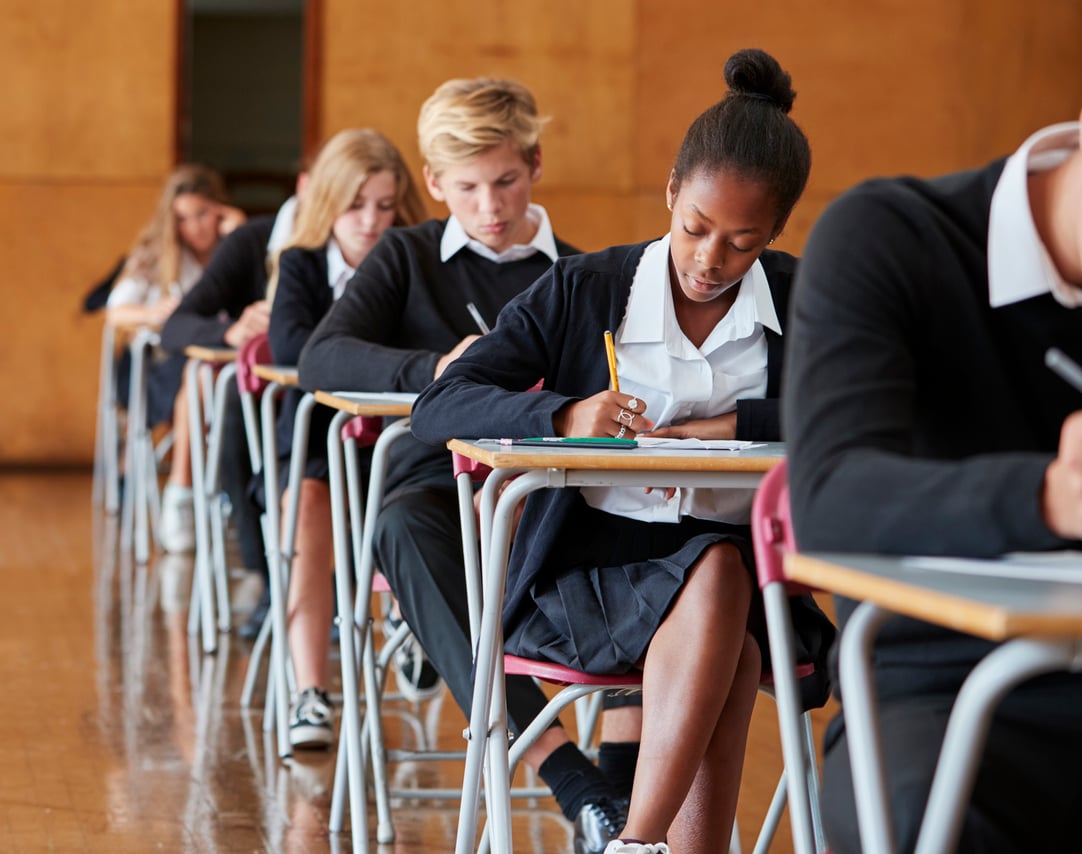Join Us: Events and Campaigns to Save Temecula Schools
Recognizing the Significance of Colleges in Child Growth and Area Growth
Colleges' involvement with neighborhood neighborhoods via service-learning initiatives reinforces the bond in between families and instructional establishments. This symbiotic connection emphasizes the importance of colleges in supporting active citizenship and long-lasting learning behaviors.
Academic Achievement
Academic achievement offers as a keystone of youngster development, giving the structure upon which future understanding and success are built. Schools play a crucial function in cultivating this scholastic growth, offering organized settings where youngsters can obtain necessary understanding and cognitive skills. Standardized educational program make sure that pupils gain proficiency in core topics such as mathematics, scientific research, and language arts, which are crucial for both college and specialist opportunities.
In enhancement to presenting essential scholastic skills, institutions likewise grow vital thinking, analytical capabilities, and intellectual curiosity. These cognitive proficiencies are important for navigating intricate real-world situations and adjusting to the ever-evolving needs of the contemporary workplace. Teachers, as facilitators of understanding, employ varied pedagogical approaches to satisfy varied knowing designs, thereby making the most of private trainee possibility.
Furthermore, scholastic success is carefully linked to self-confidence and inspiration. Children who experience scholastic achievements are most likely to develop a positive self-concept and a long-lasting passion for understanding. Schools likewise use numerous resources, such as collections and modern technology, which further boost the instructional experience and prepare students for a technologically advanced culture.
Social Ability Growth
Beyond scholastic accomplishment, the duty of schools in social skill development is essential. Schools serve as a primary venue for youngsters to discover and practice important social skills such as communication, collaboration, and problem resolution. In the organized atmosphere of a classroom, pupils interact with peers, teachers, and various other college staff, providing various opportunities to develop these vital capacities.
Efficient social skill development in institutions is assisted in with group activities, collective tasks, and extracurricular programs. These communications assist students understand social norms, build empathy, and cultivate a feeling of community. Group tasks instruct trainees just how to function together in the direction of an usual goal, pay attention to different perspectives, and navigate disagreements constructively.

The cultivation of social skills during academic year lays a foundation for future personal and professional partnerships. Save Temecula Schools. As trainees grow, the ability to successfully work together and interact becomes increasingly crucial, emphasizing the institution's essential role in all natural youngster growth
Direct Exposure to Variety
Direct exposure to variety in institutions is fundamental to fostering a comprehensive way of thinking and broadening pupils' viewpoints. Schools function as a microcosm of the broader culture, and running into diverse cultures, languages, and socioeconomic histories within this environment gears up pupils with essential abilities for navigating a significantly globalized world. This exposure urges compassion, lowers prejudices, and promotes common respect amongst peers.
Study suggests that students that interact with peers from varied histories display better analytic skills and imagination. This understanding of diversity prepares trainees for future workplaces that worth multicultural proficiency - Save Temecula Schools.

Community Involvement
The advantages of diverse classrooms extend beyond the college wall surfaces, cultivating a strong sense of area interaction amongst trainees. By connecting with peers from numerous social, socioeconomic, and ethnic backgrounds, students acquire a wider point of view and a gratitude for variety. This direct exposure urges them to come to be energetic residents who agree to contribute positively to their communities.
Schools that stress community engagement frequently incorporate service-learning projects, which permit students to address real-world problems while using scholastic abilities. These projects not only boost pupils' understanding of their coursework yet also impart a sense of responsibility and empathy. Collaborations between colleges and neighborhood companies provide pupils with possibilities to take part in area occasions, additionally solidifying their duty as positive area participants - Save Temecula Schools.
In addition, parental and area involvement in schools enhances the bond in between academic institutions and the areas they serve. They develop a collaborative setting that benefits all stakeholders when colleges open their doors to area events, workshops, and volunteer chances. This mutual support system makes certain that students obtain alternative growth, preparing them to become all-round people that value and contribute to their areas. Through these initiatives, colleges play a pivotal function in supporting community interaction and promoting societal development.
Lifelong Discovering Practices
Establishing lifelong discovering practices is crucial for a child's continual growth and versatility in an ever-changing globe. Schools play a critical role in instilling these practices by creating a setting that cultivates inquisitiveness, critical go to my site thinking, and a love for knowledge. With varied educational programs and extracurricular tasks, teachers motivate trainees to check out various subjects, examine info critically, and apply their learning to real-world circumstances.

Furthermore, colleges offer an organized environment where kids can create self-control and time monitoring skills, both of which are crucial for constant understanding. By stressing the value of establishing goals, assessing progression, and adapting strategies, universities prepare trainees to browse the intricacies of grown-up life, ensuring they continue to be long-lasting students and factors to culture.
Conclusion
In final thought, schools are crucial in fostering child advancement and neighborhood development by giving atmospheres for scholastic success, social ability growth, and exposure to variety. Via collaborative projects and interactions, colleges improve vital reasoning, compassion, image source and communication skills. Neighborhood involvement initiatives further strengthen the bond between local areas and instructional establishments. Inevitably, colleges grow lifelong knowing practices, gearing up individuals with the necessary expertise and skills to add positively to society.
In the organized environment of a class, students engage with peers, teachers, and various other school staff, using numerous chances to create these vital capacities.
In significance, direct exposure to diversity within institutions not just enriches private students yet also enhances the social textile of the community as a whole.
The benefits of varied classrooms prolong past the college walls, promoting a solid sense of community interaction amongst pupils.Schools that highlight neighborhood involvement commonly include service-learning projects, which enable trainees to attend to real-world troubles while applying scholastic skills. Partnerships between institutions and regional companies give trainees with possibilities to get involved in area events, further solidifying their role as aggressive useful link area participants.